WHEN YOU WALK THROUGH A STORM
WHEN YOU WALK THROUGH A STORM
by Norman Warwick
I was ten or eleven years old at the time their first two hits went to the top of the charts, and it is perhaps a sign of an already developing ´critic´s attitude´ in a young that, much as I enjoyed them, I couldn´t help but notice the two songs sounded pretty much the same. How Do You You Do It and I Like It were both poured from the same bottle of light and frothy pop, into two separate glasses, weren´t they?
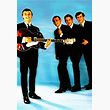
So even if I couldn´t really articulate my thoughts back then, (nothing changes does it?) I kind of hoped that Gerry And The Pacemakers might sound a bit different on their third single release. Be careful what you wish for, young man, because whatever you were hoping for it wasn´t a Rogers and Hammerstein song from an old musical called Carousel. I certainly hadn´t hoped for a long ballad, (overwrought to my young way of thinking) that sounded almost hymnal and had I been hearing it for the first time on a Juke Box Jury I´d have been pressing my quack quack button predicting a miss,….. but the record ignored me and went to number one within a couple of weeks of release. Huh, what did I know? About as little as I know now, I suppose.
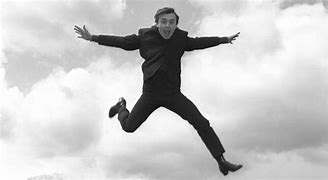
The song was delivered by the eponymous vocalist, Gerry Marsden in a strong, powerful and accurate voice that sounded aspirational and inspirational,…….. and soulful, though I´m not sure that word was then in my vocabulary. Of course that gave me even more reason to dislike a song, that even then had me trying to hide my grudging liking for the record. Gerry´s was a delivery of a song, familiar to them, that my parents loved and, oh God,…even sang along to, but he and The Pacemakers were pop stars and part of the Mersey Beat Sound and I would rather ignore their music altogether than share it with mum and dad.
Gerry Marsden died just after the turn of this New Year. He was seventy eight, much loved by family and friends and fans from all over the world. He will forever be remembered for that recording of You´ll Never Walk Alone and it speaks volumes for the man he was that tributes and obituaries appeared all over the media at places such as NBC news and in print in The Telegraph, The Guardian, The Observer and The Daily Mail in the UK as well as in The Washington Post, as well as in Variety, the entertainment industry trade magazine.
Writer Phil Davison, in The Washington Post, did so much more than simply serve us a calendar of the red letter days of Gerry´s life. He did remind us, of course, that Gerry and the Pacemakers were the Beatles’ greatest early rivals during the “Merseybeat” music phenomenon that sprang from the city of Liverpool, on the banks of the river Mersey, in the early 1960s.
Led by Gerry Marsden, the band followed a similar trajectory to the Beatles, starting off playing lunchtime gigs in a damp, smelly Liverpool cellar club called the Cavern, honing their skills by rocking in Hamburg, West Germany, and sharing the same manager, Brian Epstein, and producer, George Martin.
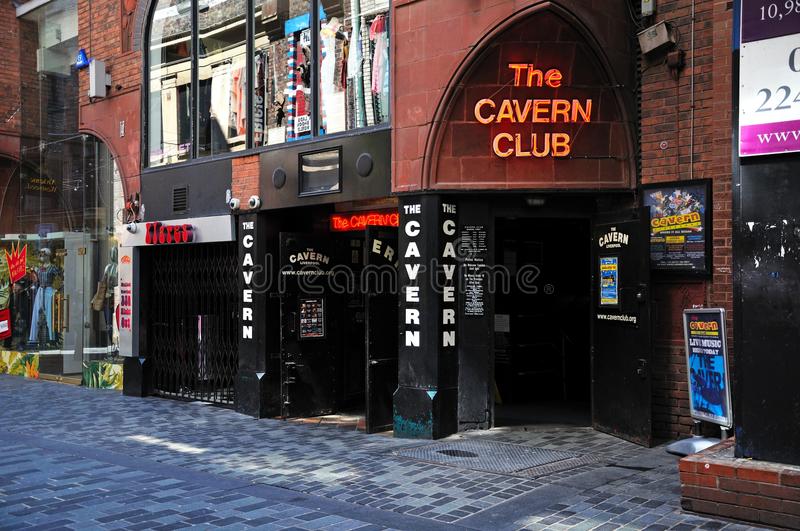
If any readers haven´t yet visited the ´museum´ that The Cavern has become, there is an after-lockdown treat to look forward to. So, much more than simply a shrine to The Beatles the venue still rings of that Liverpool sound of the sixties on which today´s modern, vibrant city was built. A short distance away a yellow submarine dives and rises between water levels in the Albert Dock.
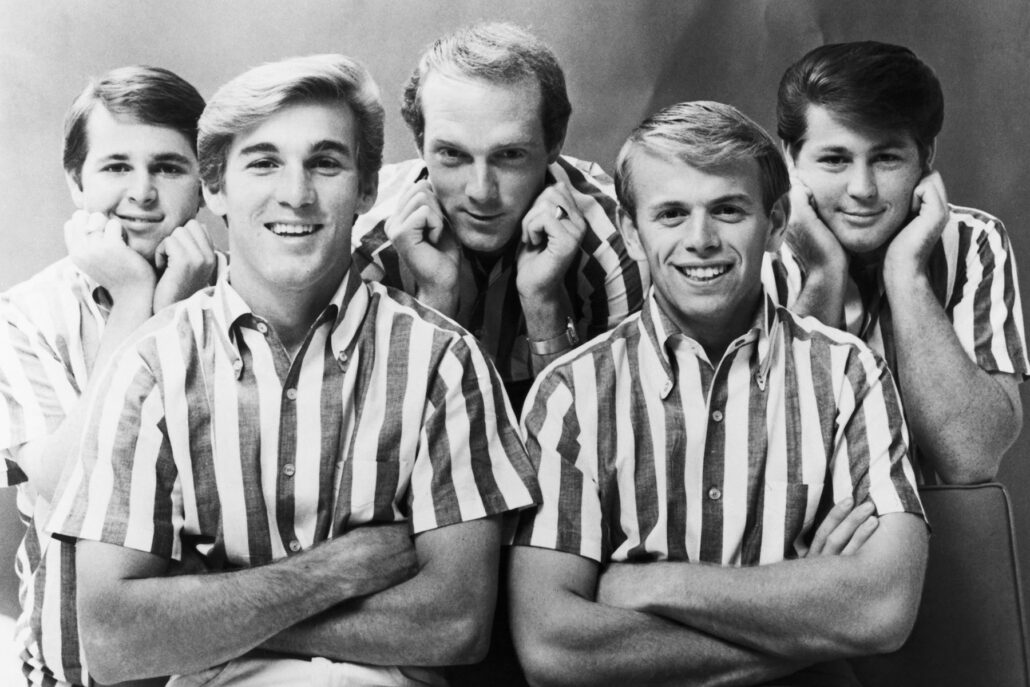
Gerry And The Pacemakers quickly followed John, Paul, Ringo and George as part of the “British invasion” of the United States, spearheaded by the Beatles when they first played to screaming fans at the Washington Coliseum on Feb. 11, 1964. Gerry and the Pacemakers reinforced the “invasion” in October the same year, performing at the Santa Monica Civic Auditorium in Los Angeles in a star-spangled bill featuring The Beach Boys, Bo Diddley, James Brown and some new kids on the block from London calling themselves the Rolling Stones.
Gerry Marsden, age 78, died on January 3rd of heart problems in a hospital near Liverpool, according to his best friend, radio presenter Pete Price.
Gerry received triple heart bypass surgery in 2003 and underwent a second heart operation in 2016 when, he said, he’d been given a heart pacemaker but didn’t find the irony at all funny.
Gerry and the Pacemakers outdid the Beatles in one aspect: The Beatles didn´t reach number one until their third single, From Me To You, whereas Gerry and his band, in which his brother was the drummer, became the first recording act to reach reached No. 1 in the U.K. with their first three singles, including what became Mr. Marsden’s signature song of You’ll Never Walk Alone.
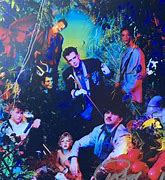
The next group to top the charts with its first three singles was Frankie Goes to Hollywood, also Liverpudlians, whose first big 1984 hit, Relax, had a Gerry Marsden song, Ferry Cross The Mersey, as its B-side.
It is perhaps hard to imagine any disc with two sides as diametrically opposed as the sexually charged, controversial and frequently banned from radio air play as Relax, and the mystical, nostalgic little tune that was Ferry Cross The Mersey. Like the river itself, perhaps, that song had hidden depths and what was at first seemingly a sad lament about the distance between lovers, it could also be heard as a nostalgia for the city and communities that were disappearing in the development and modernity of the time. With that in mind, the Mersey described in the song, took on something of the mythical qualities of the River Styx. Ten and twenty years after Gerry And The Pacemakers had released it as a ´lesser´ hit the song would be still being played by someone almost every night of the week on the folk club circuit I was playing at the time.
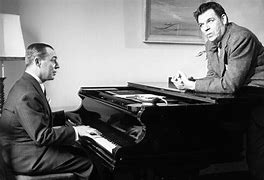
After their first two jaunty pop hits, Mr. Marsden’s bandmates were shocked when their leader chose as their third single You’ll Never Walk Alone, a tear-jerking but inspirational ballad written by Richard Rodgers and Oscar Hammerstein II (right) for the musical Carousel. The Pacemakers´ rendition of the song became an anthem to many around the world, notably to fans of Liverpool Football Club and later Glasgow Celtic in Scotland.
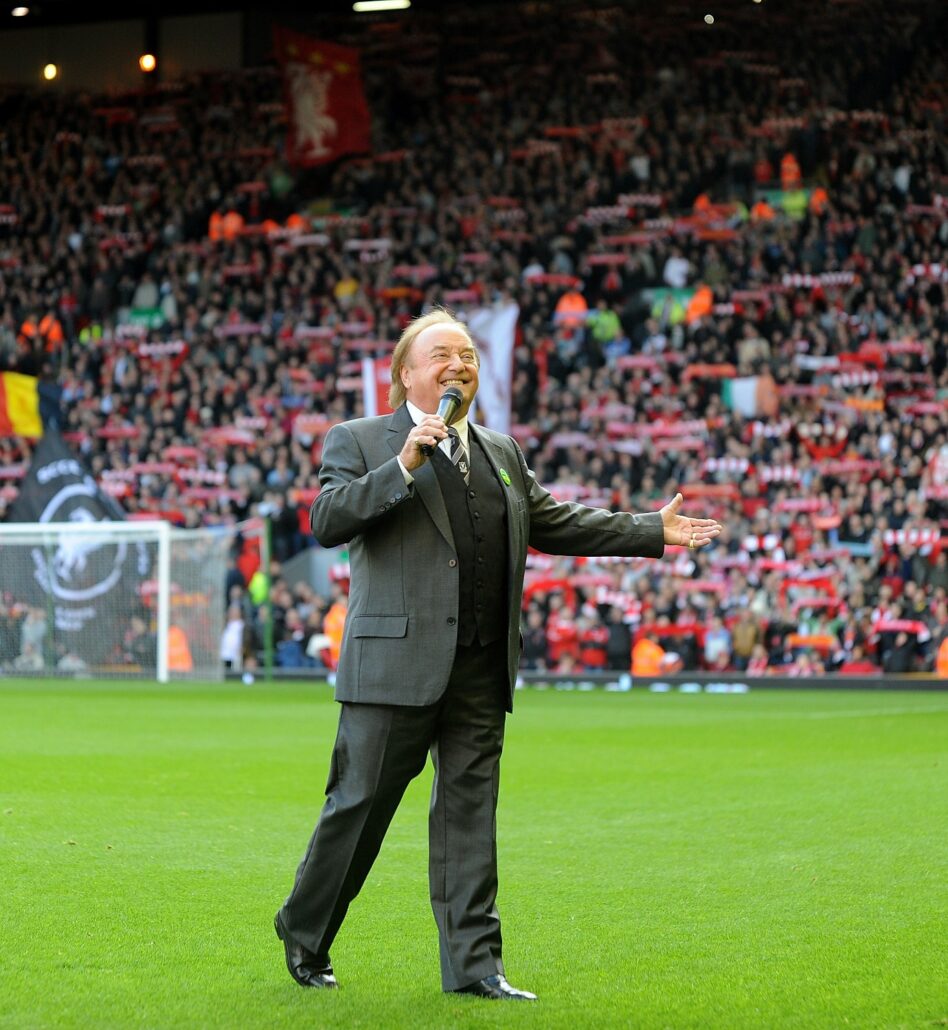
At Liverpool’s stadium, Anfield, loudspeakers still blast out Mr. Marsden’s version before matches, during half-time and after the final whistle. In between, the fans would belt it out themselves, drowning out opposition supporters. Even, or especially, when their team is losing, they never stopped singing, ´Walk on, walk on, with hope in your heart.´ Because the fans sang it with such belief their faith seemed, for a long time, to be invariably rewarded with trophy after trophy. That was another blemish on my relationship with the song. Being a Manchester United fan and a long time employee of Bolton Wanderers I was forcibly reminded of how successful the Liverpool of the time, were, and now are again, every time I hear Gerry´s voice singing it on the Radio.
Marsden became indelibly linked with Liverpool Football Club when the ´lesser´ hit referred to in this article was subsequently used as a song to raise awareness of issues surrounding the deaths of ninety six people when Liverpool played a cemi final at Hillsborough in 1986. A re-recording of Ferry Cross the Mersey went to number one and helped raise funds to force an enquiry into the disaster.
The original group line-up had only three years of hits during the sixties, the last being a cover of Bobby Darin’s I’ll Be There in 1965. By then, the Beatles had set new heights, starting with their album Rubber Soul before moving on to psychedelic music, as in Sgt. Pepper’s Lonely Hearts Club Band, and then becoming spiritual acolytes of the bearded Indian guru Maharishi Mahesh Yogi.
But as British radio presenter, music writer and author Spencer Leigh wrote in the Independent newspaper: ´The psychedelia of 1966 held no interest for Gerry, and he was far too down to earth to follow The Beatles to Bangor to see the Maharishi.”
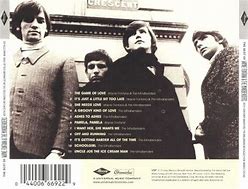
Instead, ´Gerry continued to tour with new line ups of the band for another half-century until he retired in 2018. In 1973, a new formation of the Pacemakers played to 13,000 people in New York’s Madison Square Garden, joining with fellow Brit groups the Searchers, Herman’s Hermits, and Wayne Fontana and the Mindbenders to open for Billy Joel.
Gerard Marsden was born Sept. 24, 1942, in the poor inner-city area of Toxteth, Liverpool, which, as a shipyard town, had been badly blitzed by Luftwaffe bombers over the previous two years. As a baby, he was rushed to underground shelters after air raid warnings. His father was a railway worker who taught Gerry to play ukulele.
Gerry switched from ukulele to guitar by 14, just as skiffle music, a mixture of folk, blues, jazz and American country, was sweeping the United Kingdom, led by the Scottish-born ´King of Skiffle´ Lonnie Donegan. Like future Beatles John Lennon, George Harrison and Paul McCartney, Mr. Marsden first formed a skiffle group, with a washboard serving as rhythm and his brother using a tin of Quality Street chocolates as percussion because he couldn’t afford a drum kit.
While working as a railway porter during the day, Mr. Marsden first formed the Red Mountain Boys with his brother Freddie on percussion (chocolate tin), Les Chadwick on guitar and Arthur ´Mack´ McMahon on piano.
Strongly influenced by Elvis Presley, they moved from skiffle to rock, calling themselves the Mars Bars, but the chocolate-bar company legally ordered them to drop the name.
Thus began the Pacemakers.
Like the Beatles, they moved from the Cavern Club in Liverpool in 1960 to do gigs in Hamburg, sometimes playing alongside the Beatles, who at that time were known as the Silver Beetles.
In 1961, McMahon was replaced by Les Maguire, who would go on to perform on their hits on keyboard and saxophone.
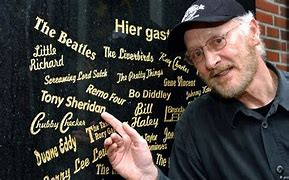
It was during Hamburg gigs that Mr. Marsden, along with the Beatles met, and were influenced by, a wild English but German-based rocker called Tony Sheridan.
´He slayed me,´ Mr. Marsden recalled. ´I watched him as much as I could, and he influenced me in the way he could play rhythm guitar and drive the band like mad.´
In his 1993 autobiography, I’ll Never Walk Alone, Mr. Marsden recalled roaming around Hamburg with Lennon looking for girls but finding themselves out of their depth when faced by local pimps.
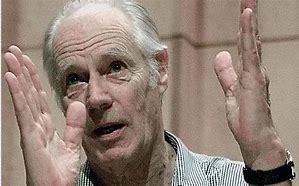
In 1962, Martin, their producer, offered Gerry and the Pacemakers a chance to record How Do You Do It?, a song the Beatles had made in the studio but had decided not to release as their first single, instead opting for Love Me Do. The Pacemakers’s song vaulted to No. 1 in the U.K. and established them as a musical force.
Epstein counselled Mr. Marsden against marriage as not good for the female fans but he went ahead anyway, in 1965. Survivors include his wife, the former Pauline Behan, and two daughters.
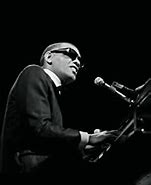
During the sixties, Gerry and the Pacemakers had a No. 4 song in the United States titled Don’t Let the Sun Catch You Crying. When Ray Charles’s publishers pointed out that the American pianist-bandleader had a song with the same title (though a totally different lyric and melody), Mr. Marsden had to pay part of the royalties to Charles.

Nevertheless, José Feliciano later covered the Englishman’s pretty song.
Mr. Marsden’s daughter Yvette Marbeck told the U.K.’s Press Association: ´He died in hospital, which was devastating for us because we were not allowed in due to the current [covid] regulations.´ She added that he was proud when a cover version of You’ll Never Walk Alone, by charity fundraiser Captain Sir Tom Moore, became a hit last year amid the pandemic.
´The words of it are still so very pertinent,´ she said. ‘At the end of a storm, there’s a golden sky.´
Words for our times, surely !

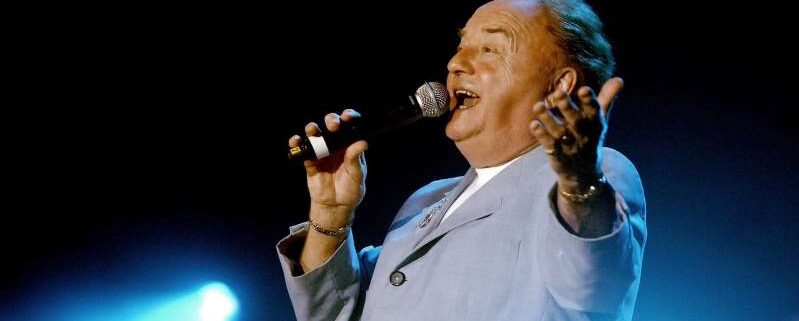


Leave a Reply
Want to join the discussion?Feel free to contribute!